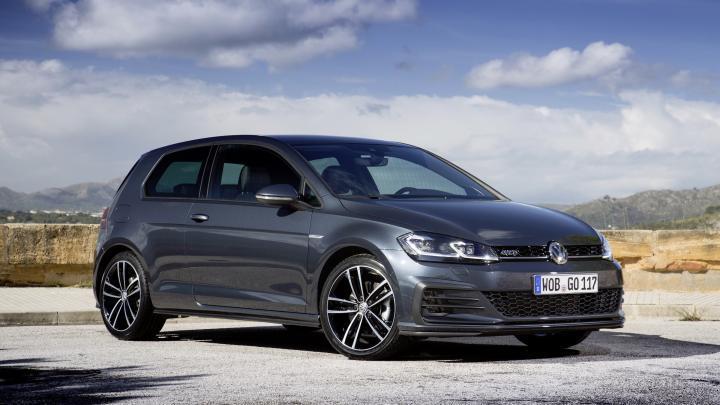Goodbye Tata Nano, Nissan Micra? Some popular cars may face axe as cos plan rejig
With Indian automotive regulations set for dramatic switches later in the year as many as a dozen car models have already faced the axe or are in the process of getting discontinued.
Every car and sports utility vehicle manufacturer in India is pruning their model-line, cutting excess flab, freeing up capacity and getting rid of slow moving products.
This is done is the light of upcoming emission regulations (BS-IV this year and BS-VI in 2020) as well as the crucial crash test and safety norms (to be adopted this year and in 2019) besides other norms that will be enforced shortly.
Maruti Suzuki has already phased out the Ritz. Ritz were selling only five hundred units a month out of Maruti’s overall sales of 120,000. Tata Motors could be bringing down the axe on the ageing Indica, its very first block-buster mass-market model. Korean brand Hyundai has discontinued the popular i10 while Honda has stopped sales of the Mobilio. At the lower price end, Mobilio sold an average of two hundred units per month and did sales of about only Rs fifteen crore.
Other once-popular models like Chevrolet Tavera, Nissan Micra, Mahindra Xylo as well as the Tata Nano, India’s most affordable car, face a bleak future and will most likely get canned. The twelve models are a part of a batch of at least twenty models that have either been axed or in the process of getting phased out since the past eighteen months.
These cars constitute less than three percent of the domestic volumes of these carmakers.
Investing in upgradation of engines to meet the fresh emission norms as well as upgradation of vehicle figure structure to meet the crash test regulations entails significant investments which companies are reluctant to make.
Besides, companies are keen to ‘clean up’ their model portfolio, get rid of non-performing models which were moving mainly on the basis of steep discounts. Tho’ the number of old generation models that will be upgraded are petite only those models will be upgraded which are generating healthy sales numbers.
For example, the country’s largest carmaker Maruti will launch the upgraded, next generation Swift next year succeeded by the next generation Alto in 2019. Mahindra & Mahindra, the country’s largest SUV maker, too will launch an all-new multi-purpose vehicle which will substitute the multi-seater Xylo. Xylo did sales of one hundred per month and at Rs eight lakh a chunk, it brought in a paltry Rs eight crore.
Fighting Mumbai-based company Tata Motors will make the largest model reshuffle yet in its decades-long history. Models like the Manza, Vista, Aria, Movus, Indigo, Nano, Indica and Venture have either already stopped production or are most likely in the process of getting phased out.
The company is busy refilling product gaps with fresh generation models like Tiago, Tigor, Nexon, Hexa and Racemo. More fresh products will make their debut till two thousand twenty with at least two fresh products each year.
As per a notification from the Ministry of Road Transport and Highways, all cars to be launched after October this year will have to meet the total frontal, offset frontal and side influence norms, which are on par with the European standards.
Existing models have been given a further two years (October 2019) to upgrade to these standards. The fresh regulations will require cars to be crash-tested at the speed of fifty six km/hr, have features like anti-lock braking system, electronic stability control, seat belt reminder.
C V Raman, Executive Director (engineering), Maruti Suzuki India said, “About 75-80 percent models will meet the regulations at least twelve months in advance. There are numerous tests that will be undertaken at the same time on our fleet so it is better to understand that all our models will be at the same time aligned to fresh norms. Our challenge is to ensure the fleet meets the target ahead of regulations. Our Rohtak facility helps us fast-track it. We would not like to share model-wise timelines”.
Fresh launches like Baleno, Brezza and Ignis have permitted Maruti Suzuki to shift concentrate from mass market models which are getting crowded thanks to Renault, Datsun and Tata Motors.
